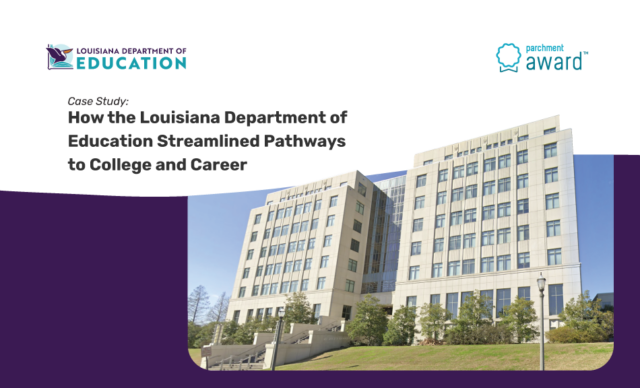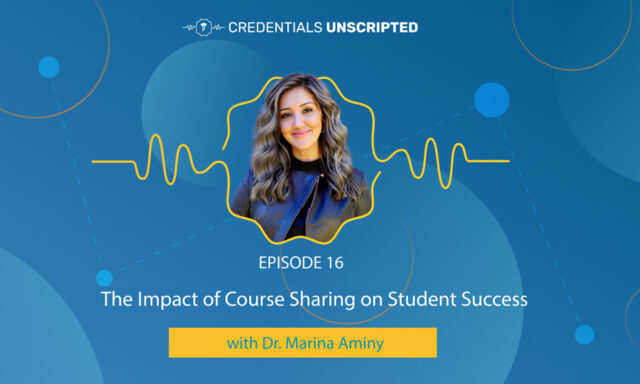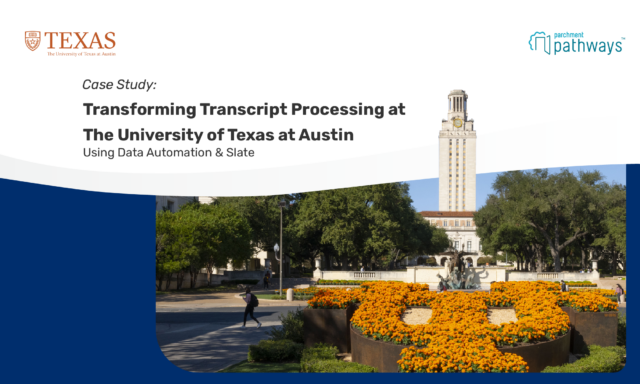“(College) prepares you, both intellectually and socially for your career and adult life. The benefits of a college education include career opportunities … but studies have shown that it also leads to overall happiness and stability.” – Manager (1000+ employees)
This according to one participant in the “2021 Report of Employer Views on Higher Education” published by the Association of American Colleges & Universities (AAC&U). Every two years this study surveys 500 managers and executives (from organizations of all sizes and locations), asking a number of key questions:
- How much confidence do you have in higher education?
- Given the time and expense, is a college degree worth it?
- What are the top skills and desired experiences you want your employees to have?
- How should applicants best communicate and promote these skills and experiences?
In Summary
While 63% of the employer respondents had a great deal or quite a lot of confidence in higher education, 87% believed that college is definitely or probably worth it. Students today need a breadth and depth of learning. Transcripts are key to communicating skills and experiences, while student portfolios (and ePortfolios) are increasing in popularity.
According to Dr. Ashley Finley (VP of Research and & Senior Advisor to the President, AAC&U), work matters – fundamentally. That means higher education is not in the knowledge delivery business. Today, it’s all about knowledge acquisition, intellectual and practical skills, personal and social responsibility, and integrative and applied learning (which just happen to be some of the ACC&U Essential Learning Outcomes).
See Dr. Finley’s recent Parchment Connect 2021 presentation in which she breaks down the key results of the study. (“How College Contributes to Workforce Success”)
What Matters Most
“I want someone who can not only think for themselves but be able to solve problems, not create them. Many graduating students are not ready for the real world and have the idea that I need to cater to them.” Manager (<100 employees)
In the AAC&U report, respondents identified a number of important skills for students to have.
Here are the top 5:
- the ability to work in teams
- critical thinking
- the ability to interpret and analyze data
- the application of knowledge in real-world settings
- digital literacy (a new one)
- personal aptitudes and mindsets matter, too
At the same time, employers called out a wide variety of desired student experiences and learning outcomes that serve as differentiators for potential employees: internships and apprenticeships, community work with diverse people, job or work-study, completion of a portfolio, global learning experiences, work with mentors, completion of significant projects, community-based or service learning, and a comprehensive senior year project.
See 9 key takeaways of the AAC&U report charted here.
Show Me the Money
Do college grads make more money? The short answer is yes. According to the U.S. Bureau of Labor Statistics (BLS), the higher the level of education, the higher the average weekly earnings. In most cases, each educational threshold leads to higher salaries. For example, individuals with bachelor’s degrees tend to have higher average earnings than those who have only a high school diploma or who have taken college courses without earning a degree. (“Do College Graduates Make More Money Than High School Graduates?” January 2021)
More from the U.S. BLS, this article (“Education Pays” June 2021) reports that in the best of economic times, data show that workers who have higher levels of education typically earn more and have lower rates of unemployment compared to those with less education. The same is true today. In the challenging economy created by the COVID-19 pandemic, the data tell a similar story.
HIPs: Preparing for Workforce Success
High Impact Practices (HIPs) are active learning practices that enable students to master key capabilities (like those called out in the AAC&U report), opening the door for career success and earnings. Research shows that HIPs have unusually positive effects, preparing students to reflect upon, integrate, and apply what they know and can do. In short, they give employers what they want.
According to George Kuhl (Chancellor’s Professor Emeritus of Higher Education at Indiana University Center for Postsecondary Research), these interpersonal, intrapersonal, and neuro-cognitive capabilities require applied, hands-on, deep integrative thinking, and increased persistence. And multiple HIPs have cumulative, additive effects.
Learn more about how you can use HIPs at your institution. (“High Impact Practices: What Are They? And Why Are They So Important to Learners?” Parchment, July 2021)
The Employer Gap: Age Makes a Difference
“The two best days of your life are the day you are born and the day you find out why.” Mark Twain
Today, the best colleges are talking with students about a sense of purpose as well as finding meaning in work, says Dr. Finley. And for employers, it’s interesting to note that those executives and managers under 40 tend to be more optimistic about graduate preparedness and the value of a college degree. What’s more, younger employers are significantly more likely to support engagement in HIPs.
CLRs help communicate a student’s experiences and learning outcomes to employers. Want to see what a CLR might look like for your institution? Start the conversation with us!





